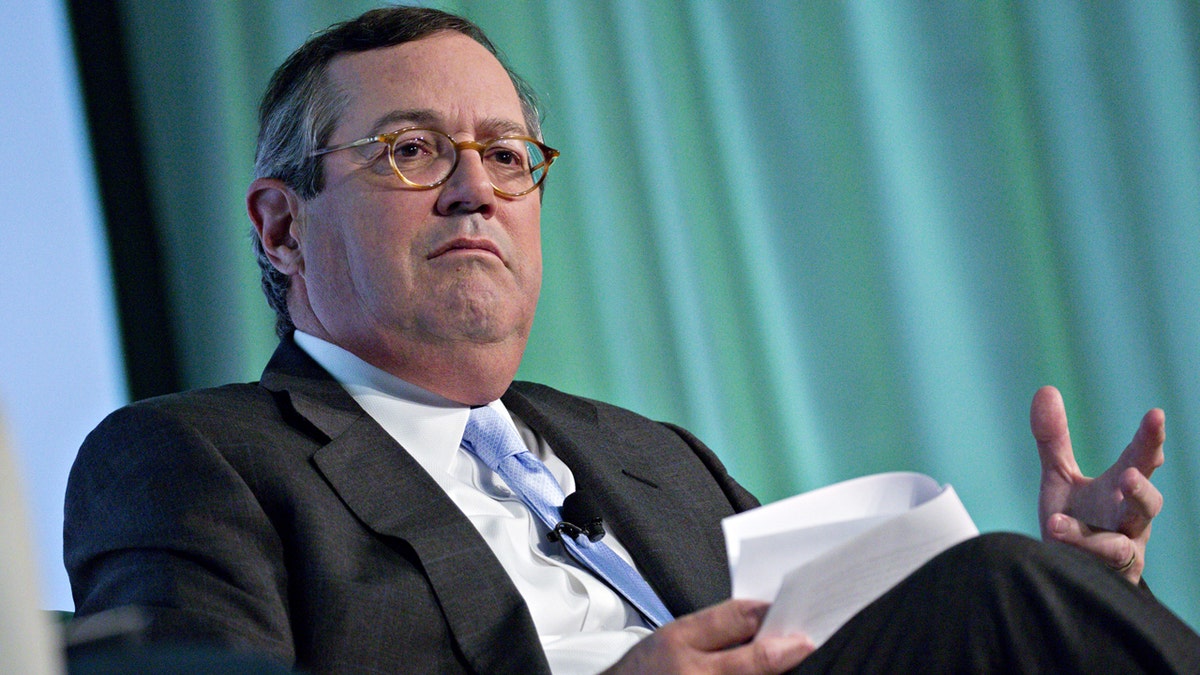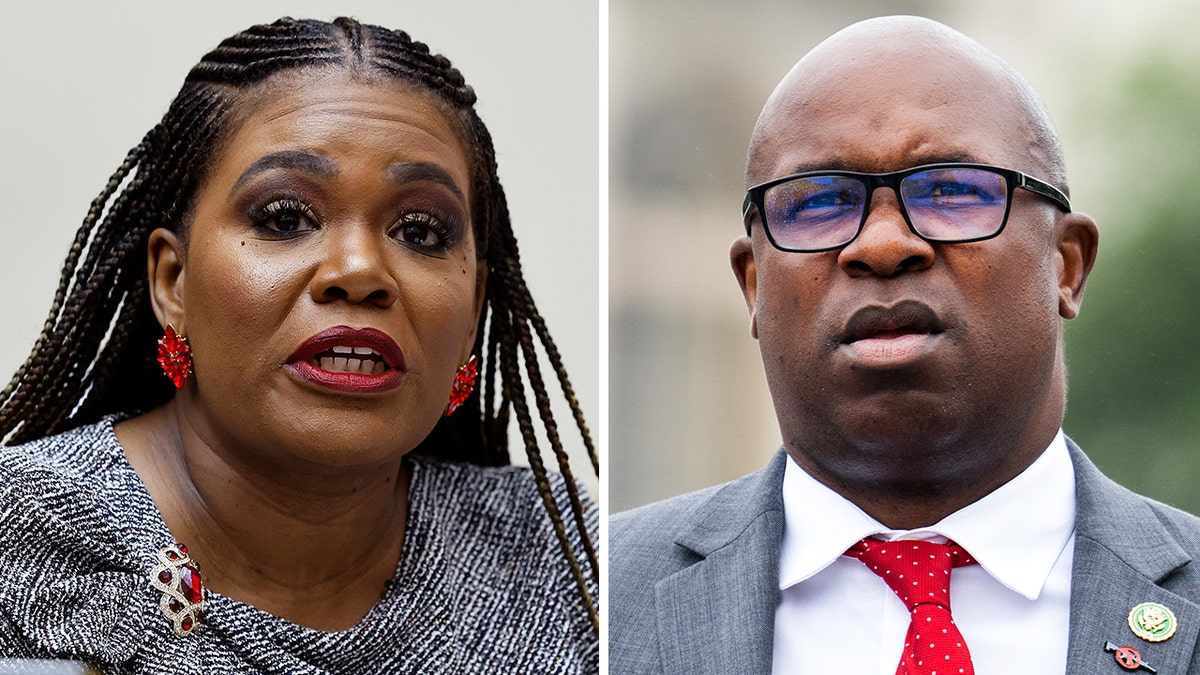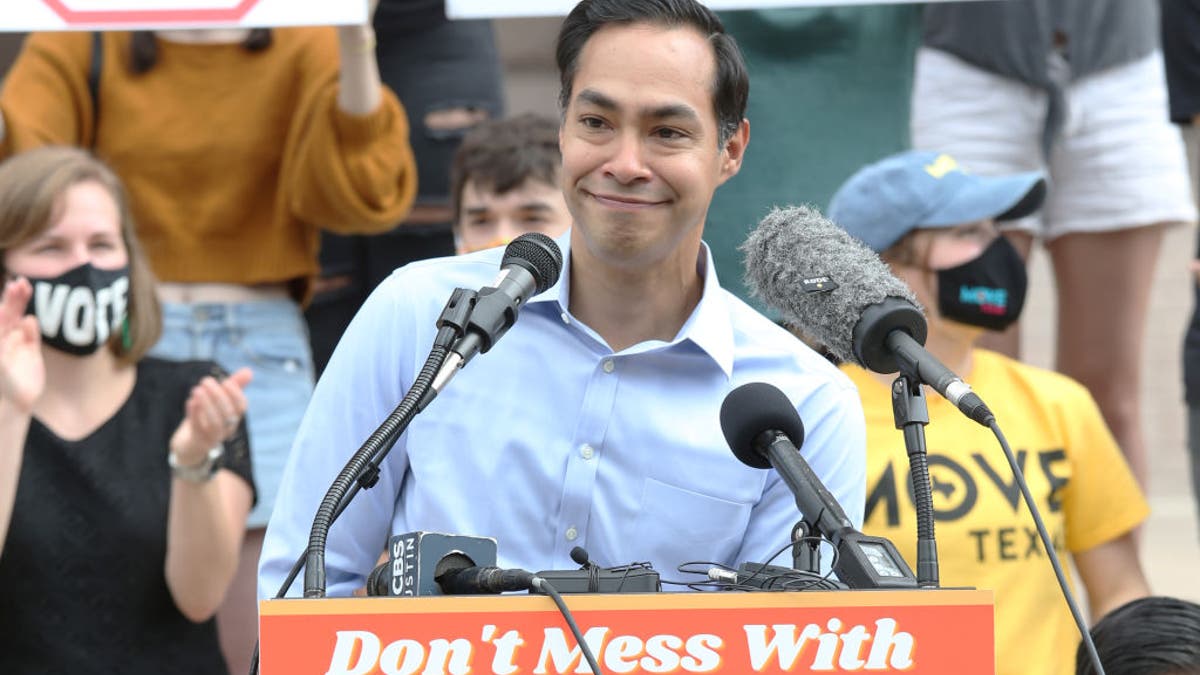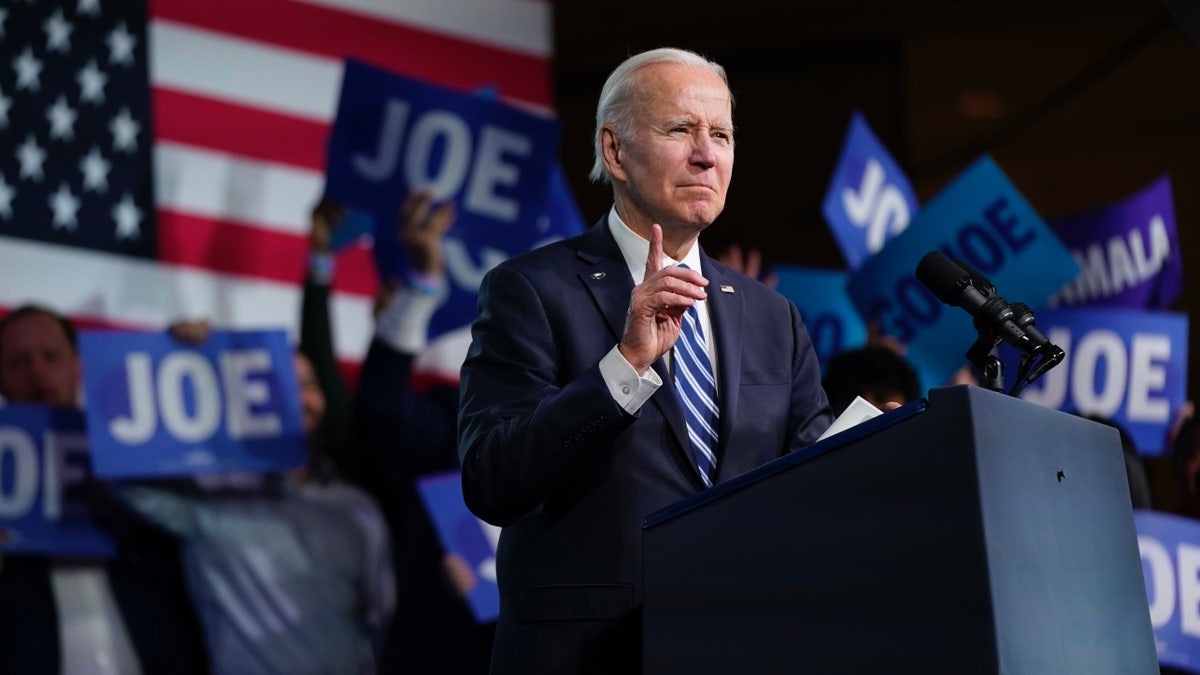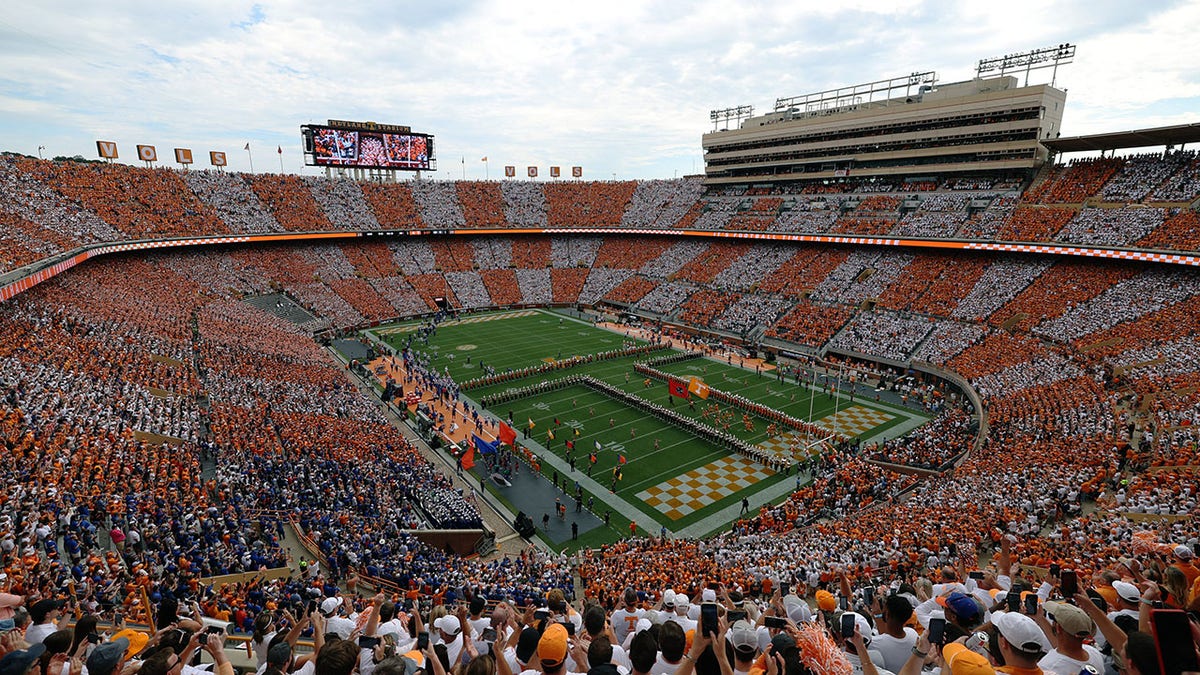A devastating stampede during the Maha Kumbh festival in northern India has resulted in the loss of at least 30 lives and left another 60 injured. The incident occurred early Wednesday as millions of pilgrims converged at the sacred confluence of the Ganges, Yamuna, and mythical Saraswati rivers for a ritual bath.
The stampede erupted when pilgrims attempted to bypass barricades set up for a procession of holy men, according to Uttar Pradesh state's top official, Yogi Adityanath. The confluence, known as the Sangam, is believed by Hindus to cleanse sins and break the cycle of reincarnation, making Wednesday a particularly significant day during the six-week festival.
Authorities had anticipated a record-breaking 100 million devotees to participate in the ritual bath. While the official death toll was released over 16 hours after the incident, Prime Minister Narendra Modi expressed his condolences, describing the event as "extremely sad."
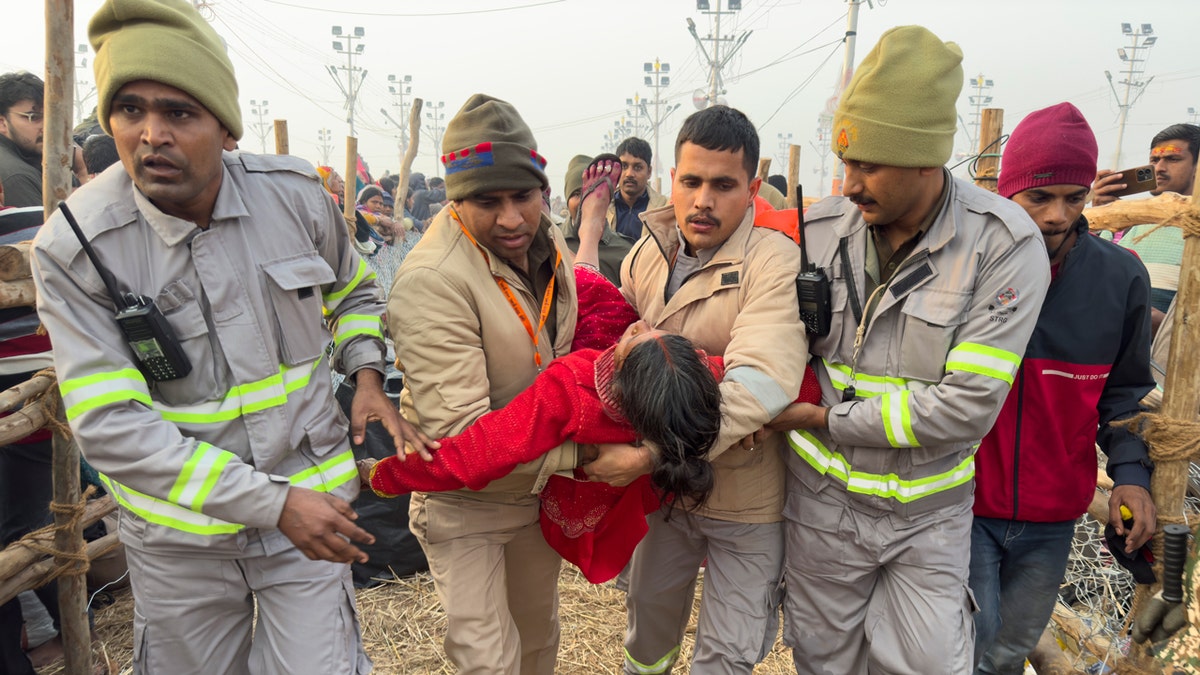
One pilgrim, Sarojini, recounted the harrowing experience to the Press Trust of India, stating, "Suddenly there was pushing, and we were trapped. Many fell, and the crowd became uncontrollable. There was no escape route, with pressure from every direction." Anxious families gathered outside a temporary hospital, seeking information about missing loved ones. Personal belongings were scattered across the stampede site.
Despite the tragedy, millions continued to visit the vast 15-square-mile pilgrimage area. Police used megaphones to urge people to avoid the confluence, while Adityanath advised using other riverbanks for bathing. He confirmed that between 90 and 100 million pilgrims were present, with approximately 30 million having already taken the holy bath by 8 a.m. Wednesday.
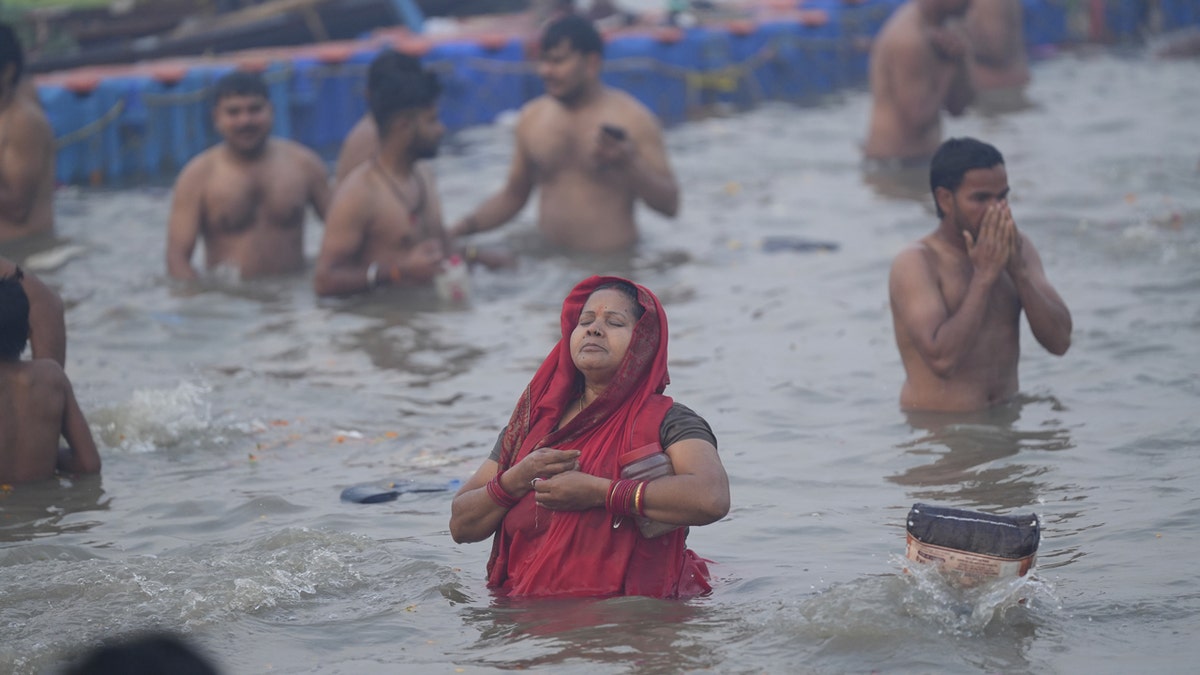
The Maha Kumbh, a 12-year cycle event, commenced on January 13th, and authorities project over 400 million attendees throughout its duration. A temporary city, complete with infrastructure, medical facilities, and thousands of kitchens, has been erected to accommodate the massive influx of pilgrims. Notable attendees have included Defense Minister Rajnath Singh, Home Minister Amit Shah, and even celebrities like Coldplay's Chris Martin.
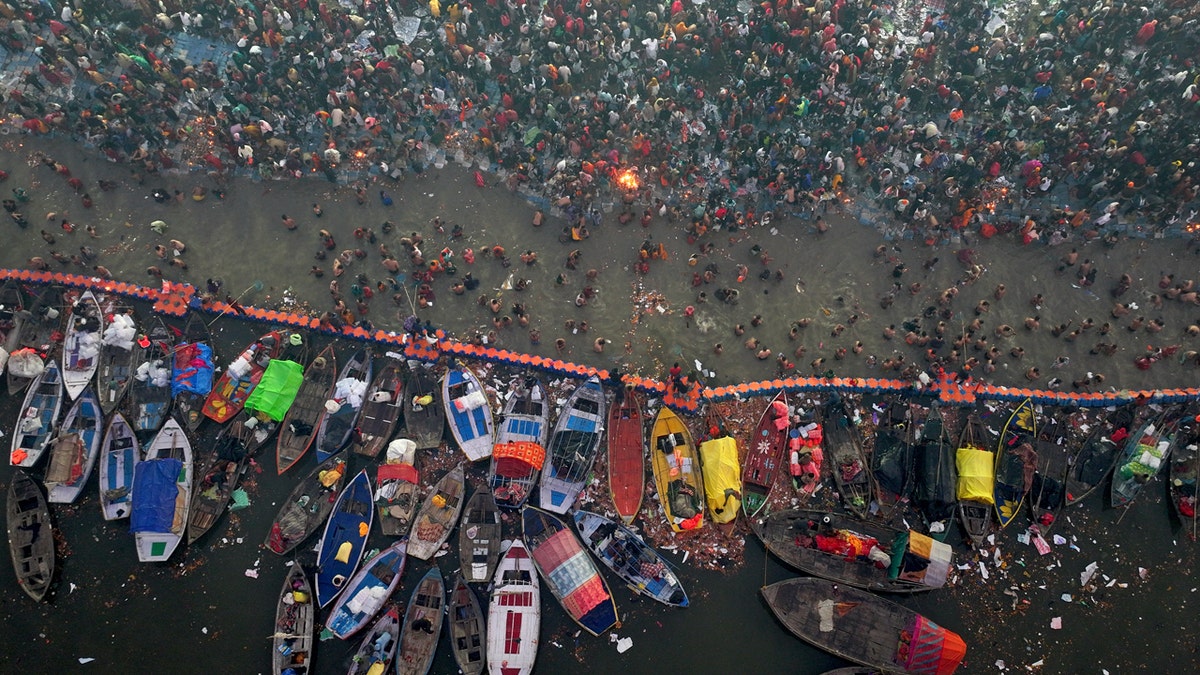
Around 50,000 security personnel and over 2,500 cameras are deployed to manage crowds and monitor movement to prevent such incidents. However, opposition leaders have criticized the government, attributing the stampede to mismanagement and "VIP culture," alleging preferential treatment for prominent figures. Opposition leader Rahul Gandhi called for improved arrangements for ordinary devotees.
This 45-day festival holds immense cultural significance for India's Hindu majority, representing nearly 80% of the country's 1.4 billion population. It also carries political weight for Modi's ruling party, which emphasizes the promotion of Hindu cultural symbols. Tragically, the Maha Kumbh has experienced stampedes before, including a 2013 incident at a Prayagraj train station that claimed 40 lives. Such tragedies underscore the challenges of managing massive crowds at religious events in India, as highlighted by a similar incident in Hathras last July, where over 100 people perished.


